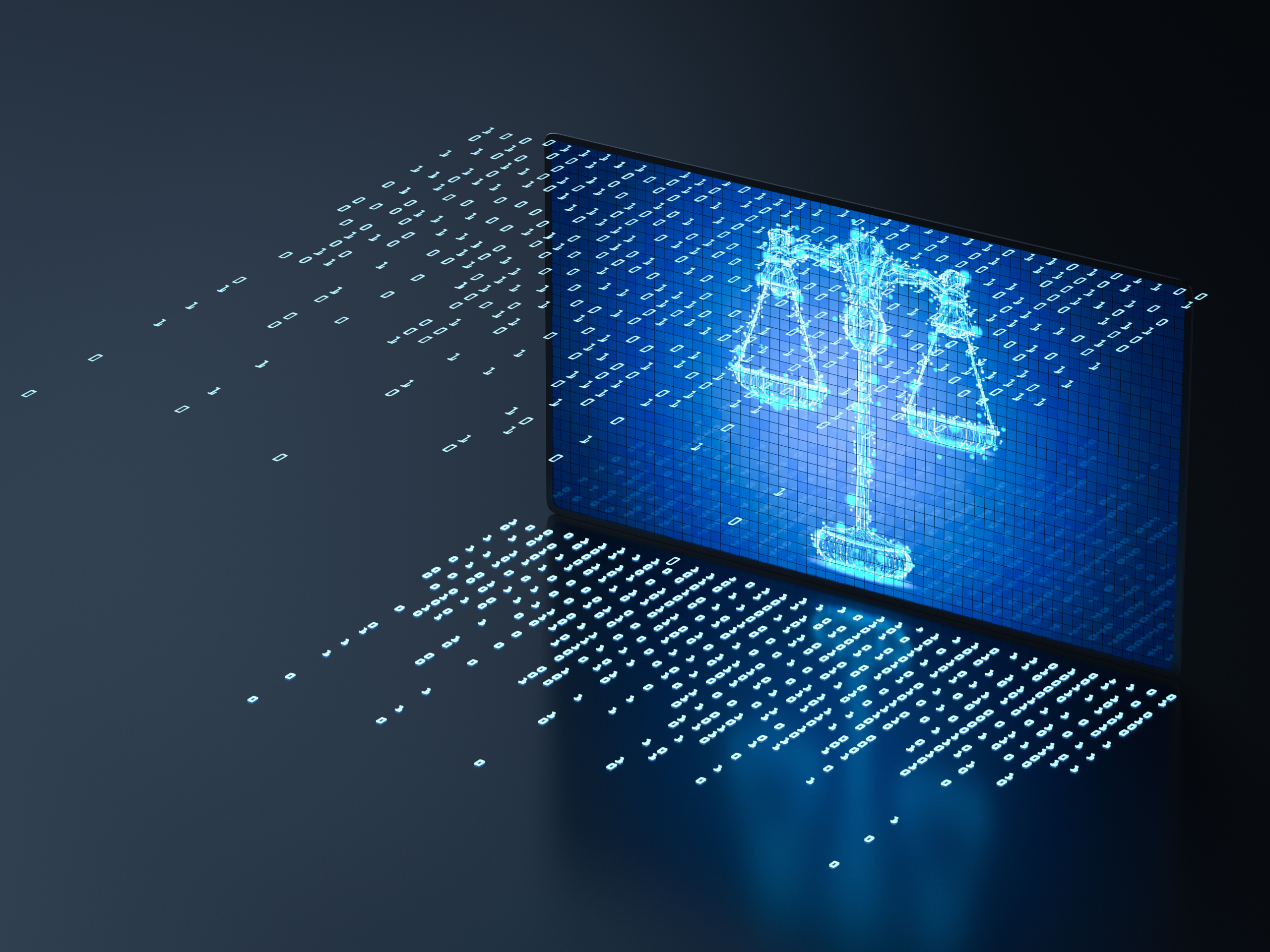Now Reading: Cybersecurity and Liability: Examining Legal Challenges in a Digital Age
-
01
Cybersecurity and Liability: Examining Legal Challenges in a Digital Age

Cybersecurity and Liability: Examining Legal Challenges in a Digital Age
In today’s hyper-connected world, where information flows freely through digital channels, the importance of cybersecurity cannot be overstated. As a cybersecurity lawyer, it’s essential to understand the legal challenges that arise in this digital age, particularly when it comes to liability. In this article, we will delve into the intricate web of cybersecurity and liability, exploring the complexities that businesses and individuals face in safeguarding themselves and seeking legal recourse in the event of a breach.
The Digital Frontier and Its Risks
The digital age has ushered in unprecedented opportunities and conveniences, but it has also opened the door to a multitude of cyber threats. Hacking, data breaches, and cyberattacks are commonplace, with criminals constantly evolving their tactics to exploit vulnerabilities in systems and networks. As a result, individuals and organizations must remain vigilant, taking proactive measures to protect sensitive information.
The Legal Responsibility of Businesses
Businesses operating in the digital landscape bear a significant legal responsibility for safeguarding their customers’ data. This duty extends to implementing robust security measures, regularly updating software, and conducting risk assessments. Failure to do so can result in severe legal consequences.
Data Breach Notification Laws
One crucial aspect of cybersecurity and liability is the obligation to notify affected parties in the event of a data breach. Various jurisdictions have enacted data breach notification laws, which require businesses to promptly inform individuals whose data may have been compromised.
Liberty in the Aftermath of a Breach
When a cybersecurity incident occurs, understanding liability becomes paramount. The fallout from a breach can be extensive, encompassing financial losses, reputational damage, and legal action.
Contractual Liability
In many cases, businesses have contracts with their customers, partners, or vendors that include specific provisions regarding cybersecurity measures. Failing to meet these contractual obligations can lead to contractual liability.
Regulatory Compliance
Government regulations, such as the General Data Protection Regulation (GDPR) and the California Consumer Privacy Act (CCPA), impose strict requirements on how businesses handle and protect personal data. Non-compliance can result in substantial fines and legal repercussions.
GDPR and Its Global Reach
The GDPR, though originating in Europe, has global implications. Any business that processes data of European residents must adhere to its provisions, regardless of their physical location.
Negligence and Tort Liability
Cybersecurity breaches can often be attributed to negligence on the part of an organization. This negligence may involve failing to implement security measures, adequately train employees, or respond promptly to a breach.
Seeking Legal Recourse
When a breach occurs, affected parties may seek legal recourse to recover damages or hold responsible parties accountable.
Class-Action Lawsuits
In cases where numerous individuals are affected by a data breach, class-action lawsuits are common. These lawsuits can result in significant financial liabilities for the organization responsible.
Government Investigations
Government agencies may conduct investigations into cybersecurity incidents, particularly if they involve sensitive information or national security concerns. These investigations can lead to criminal charges or regulatory penalties.
Conclusion
In the digital age, cybersecurity and liability are intricately intertwined. Businesses and individuals must navigate a complex legal landscape to protect themselves and seek justice in the event of a breach. As a cybersecurity lawyer, staying informed about the ever-evolving legal challenges in this field is paramount.










